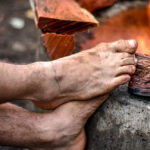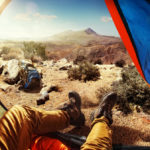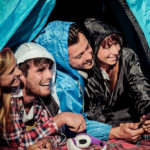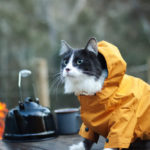Introduction
If your new to camping and you want to know if the effort of picking a destination, planning transport, inventory and time off is worth it. You may also be asking what are the benefits to all this effort.
Well in this article I want to highlight the top three bestest benefits of camping.
This is backed by research from myself within my community of camping enthusiasts.
There are so many benefits that camping provides, but it was in fact quite easy to decide on the top three benefits being social, mental health and physical.
But if each of these three benefits were main topics, there are several sub-benefits that are associated with these.
E.g. Health benefits of camping include improved cardio and strength from the physical activity.
Camping activity including; hiking several miles to a campsite and then pitching a tent.
Or the fact that breathing fresh air is just plain old good for you.
Below I will get into the nitty gritty and explain why these 3 benefits from camping will be the onese that eventually win you over.
Socialization
If you didn’t know already, camping is great and actually more fun when you’re not alone. Sure, it’s peaceful when alone, but it’s great to share a sunset or even camping chores like collecting firewood when you have company.
Having a friend or relative around means you get to share one-of-a-kind experiences together. This lead to maintaining stronger healthy, happy relationships.
Research published in the American Journal of Public Health acknowledges socialising, while an important part of social and community life, can provide physical benefits such as improved cognitive function and the fresh air supporting a healthier lifestyle.
Studies show over and over that sharing an active lifestyle outdoors is positively related to family togetherness.
Family togetherness is linked to increased quality time, social interaction, and problem solving.
Outdoor recreation and sports-based activities were more effective than indoor activities in promoting better social interactions among family members.
Family camping trips are an excellent way to foster healthy relationships within the family.
After long days spent outdoors, families often become closer.
You never know who you will meet on the trail or at a campsite, so take advantage of the opportunity to make new friends and strengthen existing bonds.
Bring someone along on your next adventure!
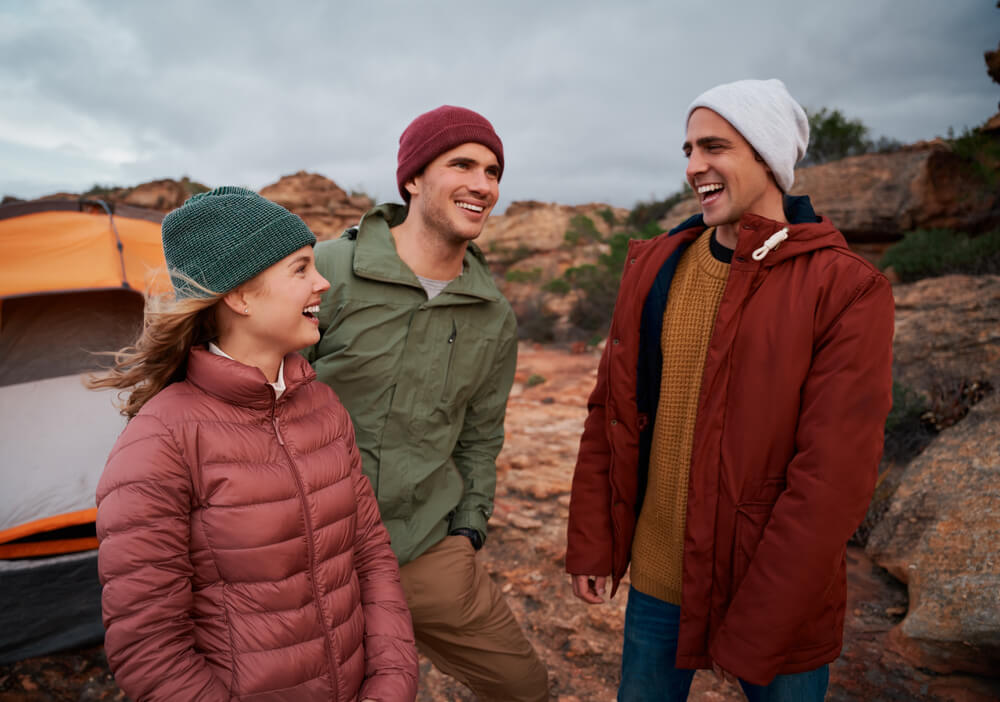
New Challenges
Escape from the grind
Sure, the work from home lifestyle is a great step away from the 9 to 5 rat race grind that all of us more likely than not have been accustomed to.
But one of the most impactful benefits to camping is the activities ability to separate humans from the digital world.
Camping can bring us not only back down to earth but and also appreciate nature.
Going camping is a fantastic method to disconnect from the digital world and unwind. We all know how useful gadget and tech are.
Laptops and cellphones enable people to be productive at any time.
But it does also provide downsides, such as making users feel overworked, anxious, sleep deprived, and stressed.
Camping forces you to go off-grid for a few days gives you an opportunity to disconnect from the digital world.
No heater? Build a campfire. No air conditioning? Take a step out of your tent, jump in a lake.
There are still many camping locations that have not cellphone access or coverage, even furthering your off grid experience.
Self-confidence boost
The teamwork, physical effort and problem solving of setting up the tent, lighting a fire, preparing campfire supper; all help children (and grownups) enhance their self-esteem.
In reality, camping is often used to aid kids and adolescents in developing survival and life skills that boost their self-concept and worth.
Camping trips held at least once every year provides a huge boots in development.
For adults and kids alike to develop survival and life skills that improve self-worth.
It also provides a humbling experience to know that the camping lifestyle is similar to how our hunter-gatherer ancestors lived and how far we have come.
Enhances Self-Awareness
I’m being a little bias but in my opinion there is no better way to find out more about yourself than going camping by yourself.
Your camping experience, whether it be positive or negative, will be decided on how prepared you are, how favourable the weather is and all the other chores in between.
With camping, you will be able to find out real quick whether camping is something you would enjoy.
Next, if you decide to stick with camping and try out a few methods to camp, you’ll identify what kind of camper you are – tent, trailer, or campsite.
Finally, you’ll test your limits and see what drives you.
Can you erect a shelter, collect wood, start a campfire, prepare food over an open flame, hike for 3 hours, or do any of those things?
Camping will allow you to learn from your errors, which will correlate to a more comfortable or challenging experience next go around.

Vitamin D
Vitamin D, why would you want to go to all the effort of planning a camping trip, bringing the gear, tents and family to the middle of nowhere, when you can buy Vitamin D pills from your local supermarket?
Well Vitamin D, in the context of camping is a great metaphor for the act of ‘doing camping’ and the physical benefits ‘doing camping’ has while being outdoors where yes, one can be exposed for free to a nice hit of the sunshine vitamin.
Camping has numerous benefits for both your health and well-being. Camping has long had a reputation for its physical benefits.
Just the physical activity of being outdoors while camping improves one’s mental state.
This is by increasing one’s sense of connection to nature and feeling connected to others.
Walking through forests and engaging in outdoor activity boosts mood and concentration while also improving attention and cognitive function.
Being active in nature has been found to increase self-esteem (Lawton et al., 2017).
Hiking, camping, fishing, and exploring trails all contribute to one’s overall health and well-being.
And thus count as physical activities that contribute to one’ s general well-being.
Spending time outdoors such as camping is linked to lower levels of depression and sleeping outside may help us maintain our natural circadian rhythm.
This only helps us get better quality sleep and stay healthy (National Park Service, 2019).
Conclusion
Why would you not want to go camping if these health benefits exist? Perhaps you’re an inexperienced camper and feel anxious.
Begin slowly and build up. Think about going camping close to home to ease yourself into things gradually.
Camping is great for everyone. You should plan a trip to one of the many campsites or state and national parks throughout the United States.
And even if you don’t go camping every year, you might want to think about great outdoors in the great outdoors with friends and family.
It may not have to be camping but even a little physical activity will vastly improve your body and mind.

